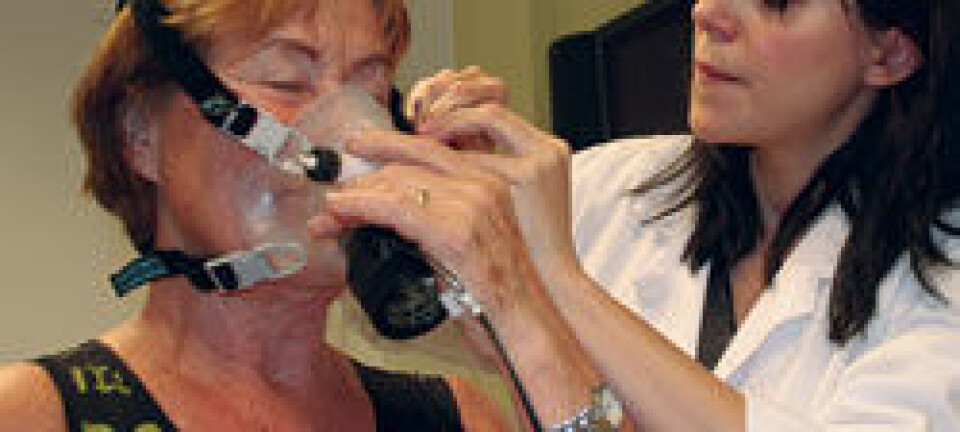This article was produced and financed by Norwegian centre for E-health research

Doctors are not using summary care records as intended
Most Norwegian doctors do not use the Norwegian summary care record to find critical information, such as allergies. Instead, they use the journal to search for the patient's medicines.
New research indicates that Norwegian doctors do not use the summary care record in the way that authorities think. This is the conclusion of a new study by researchers at the Norwegian Centre for E-health Research.
By 2017, all residents and health personnel in Norway received access to the summary care record. This is where healthcare professionals can see the same information, regardless of whether they work as a GP, in a hospital, or emergency room.
In the new study, 25 doctors in Trondheim were asked what they think of the summary care record and how they use it. The doctors worked for emergency care, hospital emergency services, or as a general practitioner. Compared with other regions, Trondheim has used the core journal the longest.
"We were a little surprised at how they answered. It was a distinction between what the government wanted it to be used for and what functionality was the doctor's favorite," says senior researcher Kari Dyb from the National Centre for E-Health Research.

The results were published in the international journal BMC Health Services Research.
Medicine is the favorite
The researchers found that most of the physicians interviewed mainly used only one of six features in the summary care record.
"Most of the doctors we talked to answered that they use the record to get an overview of which medications are registered for the patient. This is what they consider to be important because medication errors are potentially fatal," says Dyb.
However, the doctors did not care much about what the authorities considered to be one of the most important elements, namely critical information. This may be information about, for example, allergies or implants.
The summary care record contains the following features:
- Summary
- About the patient
- Pharmaceutical summary
- Critical information
- Patient history from the specialist health care
- The patient’s own registration
Three types of patients
The research also showed that the doctors essentially used the summary care record of three patient groups: elderly, unconscious, or those with a history of drug abuse.
"If you are unconscious, you can not communicate with the doctor of course. For older patients, they more often use many drugs, and chronic diseases are more common. A patient with substance abuse problems could try to get hold of prescription drugs," says senior researcher Line Lundvoll Warth.
The researchers found that doctors most often used the summary care record in an emergency. Often, the patient is unknown to the healthcare personnel in the emergency room, and usually they do not meet the patient again.
"On the other hand; general practitioners know their patients well. Often they can have patients for years, some from birth until death," says Warth.
Will not register manually
In the study, many of the doctors reported that they did not have time to manually register information in the summary care record.
"Manual registration is time consuming for health professionals, who have many tasks and a high pace. We found that they almost never registered information in the journal in the emergency room. Since the doctors did not submit information, they also did not trust the GPs to make registrations. The GPs, on their part, were concerned with privacy and protecting the information for "their" patients," says Dyb.
Lack of trust in national ICT systems was a repeated response from the doctors.
On the other hand, the doctors had more confidence in register data that was automatically registered – such as information about medicines
Still more to investigate
Researchers must continue to do studies as the summary care record develops. The next step in the development is that nurses in the primary health care service will be given access to information in the record.
"We must follow it up. It is likely that the nurses have different views on the use and usefulness of summary records than doctors," concludes Kari Dyb.



































